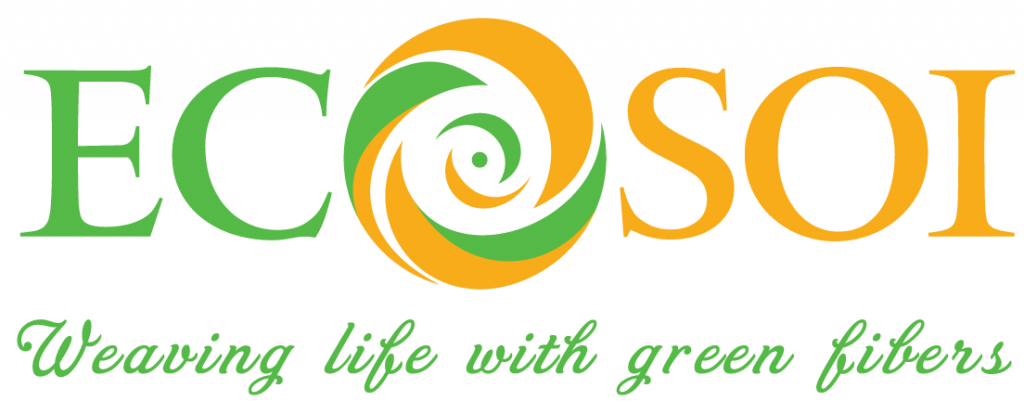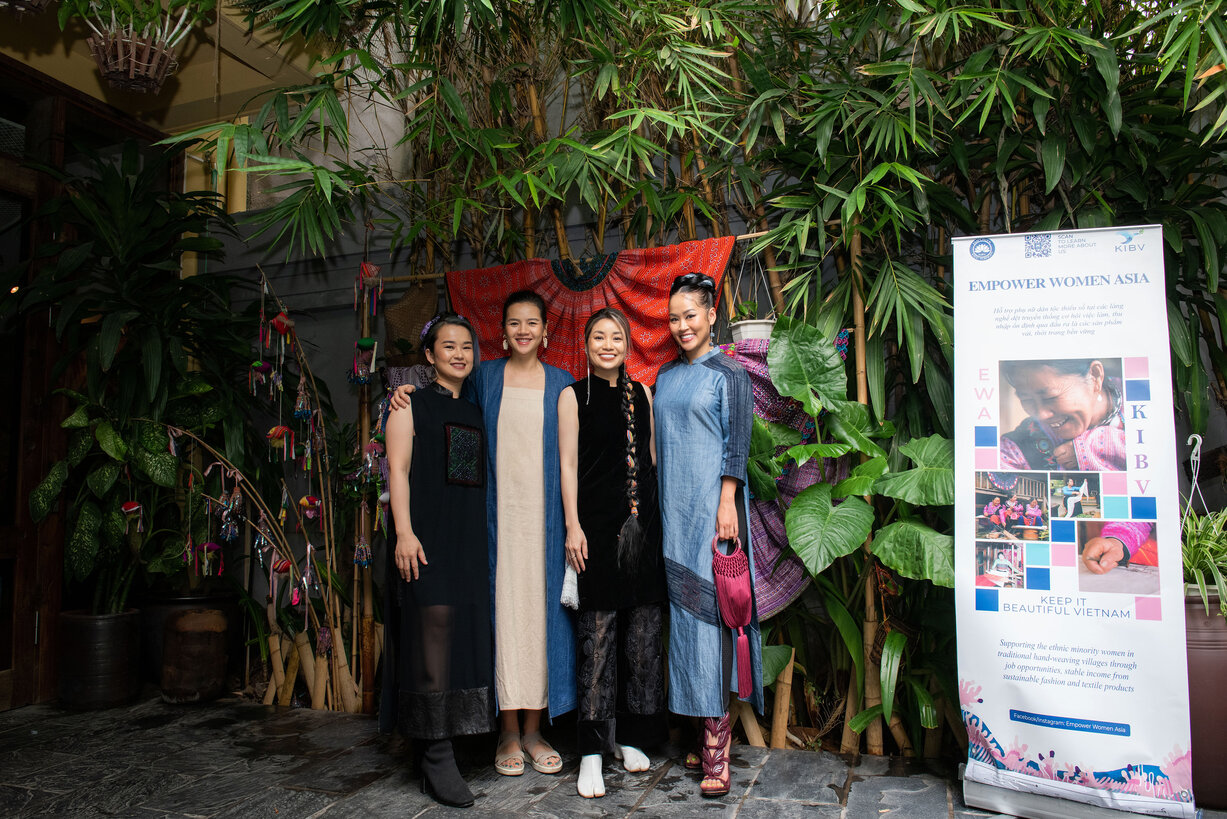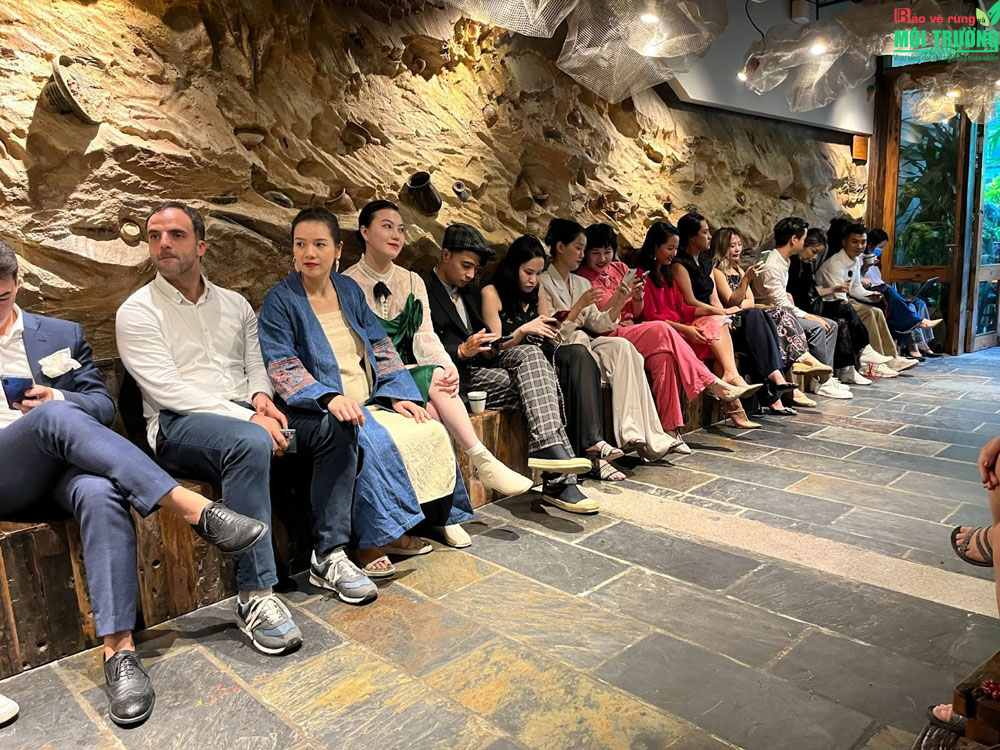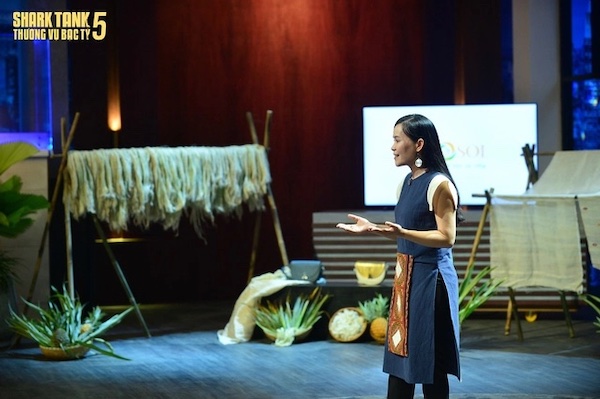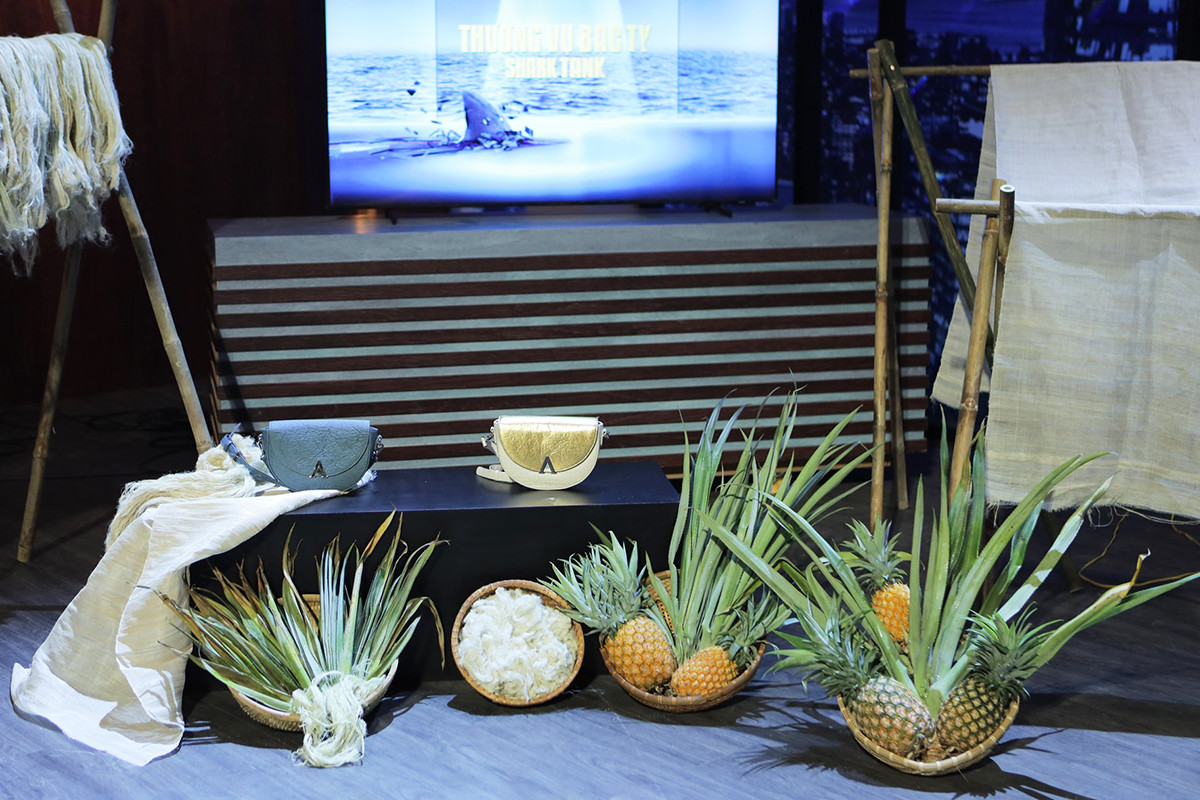Impact investing still has a lot of "land" for development in Vietnam
In Vietnam, impact investing (a form of investment from organizations, funds... with the expectation of creating social and environmental impacts in parallel with financial income) is quite new in Vietnam, but has a lot of potential to develop and expand in scale in the near future...
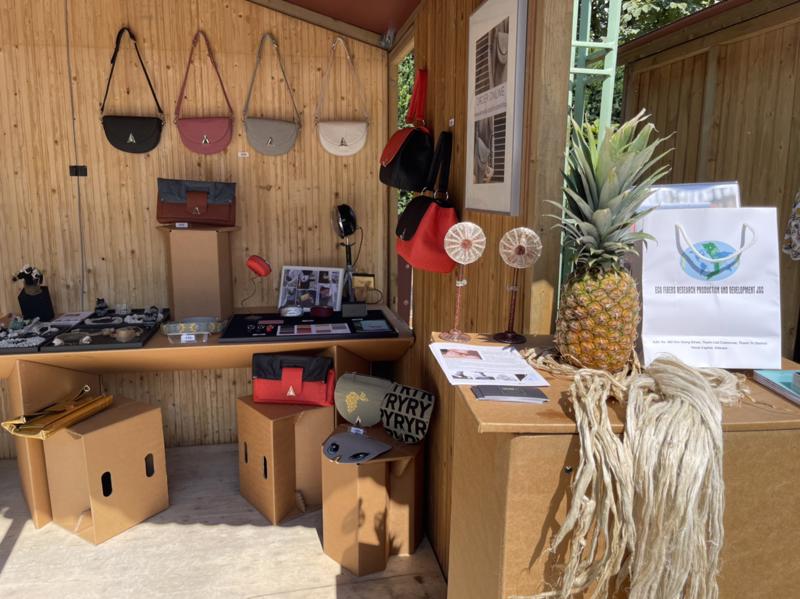
Sharing at the Conference "Consulting and connecting investments for impactful startups" taking place on March 30, Ms. Hoang Thi Nhat Le, Founder, CEO of LBG Asia, said that in the world, Impact is emerging quite strongly. GIIN's estimate of the scale of global impact investing in 2019 indicates that there are about 1,720 organizations participating in investment, with an investment value of about 715 billion USD.
NEW MODEL BUT MUCH POTENTIAL
Currently, in Vietnam, the concept of impact investing is quite new and has not been included in any official documents. "However, investment activities with the nature of true impact investing have been implemented by many businesses," Ms. Le said.
In particular, the Enterprise Law (2020) has introduced the concept of "social enterprise", an important legal provision, clearly stating the role of social enterprises whose activities are both profit-oriented and business-oriented. social and environmental direction. However, in Vietnam there are also businesses that are not social enterprises that also carry out impact investing activities. These are non-governmental organizations, besides, there are also cooperatives, schools, charity funds, especially businesses established under the Enterprise Law (2015).
In Vietnam, social impact businesses are concentrated in fields such as agriculture, fisheries, and food (31.7%); education and skills training (29.7%), non-agricultural livelihoods (sewing, cooking, bamboo and rattan production) (16.4%); consulting, business support (13.8%), handicrafts (11.9%)…
Also according to Ms. Le, there is a bright spot that Vietnamese social impact businesses have achieved compared to other countries in the world. Accordingly, about 70% of Vietnam's social impact businesses are profitable, 18% break even and 12% lose money during operations, according to data from SEUK in 2017 and MAGIC in 2015. This number is quite positive. compared to other countries such as England or Malaysia. In the UK, only 51% of social impact businesses reported profits, while break-even and losses were 20% and 29%, respectively. In Malaysia, up to 51% of social impact businesses reported losses.
ENTERPRISES STILL HAVE DIFFICULTIES WHEN mobilizing capital
Investing to create social impact is a strong trend not only in the world but in Vietnam. According to Vice Principal of National Economics University Bui Huy Nhuong, one of the strategies of many large corporations is to create increasingly profound social impact.
Research by the National Economics University and UNDP in 2018 defines a social impact enterprise as an organization in which commercial activities and commitment to creating a positive impact on society/environment are two principles. central to the organization's operating strategy. Balancing social/environmental goals with a commercial model allows this type of organization to address social and environmental challenges in a sustainable way.
“In recent times, we have also noticed many young businesses wanting to develop businesses that create social impact. However, these businesses face many challenges in terms of capital," Mr. Nhuong shared.
Sharing the thoughts of social impact businesses in the process of raising capital, Ms. Vu Thi Lieu, founder and CEO of ECOSOI, an enterprise that produces and researches the application of pineapple fiber for the fashion and garment industry Despite this, the company encountered many difficulties in the process of approaching investors.
Accordingly, this business started calling for capital in January this year and has received the attention of investors. However, when deeper discussions began, many questions remained about the company's valuation, both in terms of tangible and intangible value. “Even though we are a very young company, we still have intangible values when measuring recognition in the market. Specifically, the keyword "pandan leaf fiber" is found a lot in countries such as the Philippines and England. In Vietnam, the most searched keyword is "ECOSOI pandan leaf fiber", Ms. Lieu shared.
In addition, businesses also encounter many difficulties when communicating and approaching investors about product expansion and innovation. “From the beginning, we oriented our products to yarn and then fabric. Our product creation is just limited to yarn and fabric," Ms. Lieu said, adding that in order to create fashion products from this yarn and fabric, the business must rely on other partners.
Businesses must also prove that they have a contract if they want to call for investment capital and prove revenue with products that will be available in the future. "These are challenging problems and have many errors," Ms. Lieu said, adding that one of the other challenges is the need to justify costs. “There are huge expenses for which we have no documentation. This is probably also a lesson that young startups need to heed."
Finally, determine the salary for the team during the start-up process. "Investors also ask questions when they see that the team does not work full time at the company," said the founder and CEO of ECOSOI, hoping to find investors who will understand and support the business. not only about finances but also about product output.
